In this lecture, historian Meg Roberts sheds light on the labor of the Revolutionary War’s caregivers. Alongside the surgeons and physicians, the medical care of the thousands of sick and wounded Continental soldiers relied upon the tireless work of army nurses, camp followers, housewives, cooks, laundresses and local families. In contrast to the voluminous records […]
When Nathanael Greene was appointed commander of the southern Continental forces in the fall of 1780, he wrote to George Washington that he would be forced to fight “a kind of partisan war,” until he could raise an army large enough to contend with the British. Greene’s strategy was to check the main British army […]
During the last engagement in the 1776 northern campaign season, Gen. Benedict Arnold burned the remaining vessels of his American fleet in Lake Champlain to prevent capture by the British. In 2020, the National Park Service American Battlefield Protection Program funded an archeological survey project of this area, now classified as a Revolutionary War battlefield […]
Fortification and siege doctrine were a critical component of any eighteenth-century military. Following a discussion of artillery in the Revolutionary War and a unique American-manufactured six-pound cannon owned by the Society of the Cincinnati of the State of South Carolina, Glenn A. Williams of the U.S. Army Center of Military History explores the intricacies and […]
Disease was a major part of everyday life in the American colonies, especially during the Revolutionary War. For every soldier dying of wounds in the war, seven died of infections including smallpox, malaria and typhus. Doctors were influenced by ancient medical thought, and with the best intentions, treated diseases with bleedings, leeches and purges. Ronald […]
On June 9, 1772, a group of prominent Rhode Islanders rowed out to the British schooner Gaspee, which had run aground six miles south of Providence while on an anti-smuggling patrol. After threatening and shooting its commanding officer, the raiders looted the vessel and burned it to the waterline. Despite colony-wide sympathy for the raid, […]
This content is restricted.
Prior to the Battle of Brandywine, the American and British armies maneuvered across a suburban landscape familiar to many residents of Delaware and Pennsylvania. Throughout the days before the battle, however, New Castle County, Delaware, and neighboring Chester County, Pennsylvania, were militarized landscapes. During this period, General George Washington seized the strategic initiative and marched […]
The American Revolution was a watershed in the principles of government between centuries of monarchical and aristocratic rule and free societies based on moral principles that shaped the Revolutionary ideal of universal equality. Professor C. Bradley Thompson of Clemson University, author of America’s Revolutionary Mind, explores the logic of the Declaration of Independence and the […]
This content is restricted.
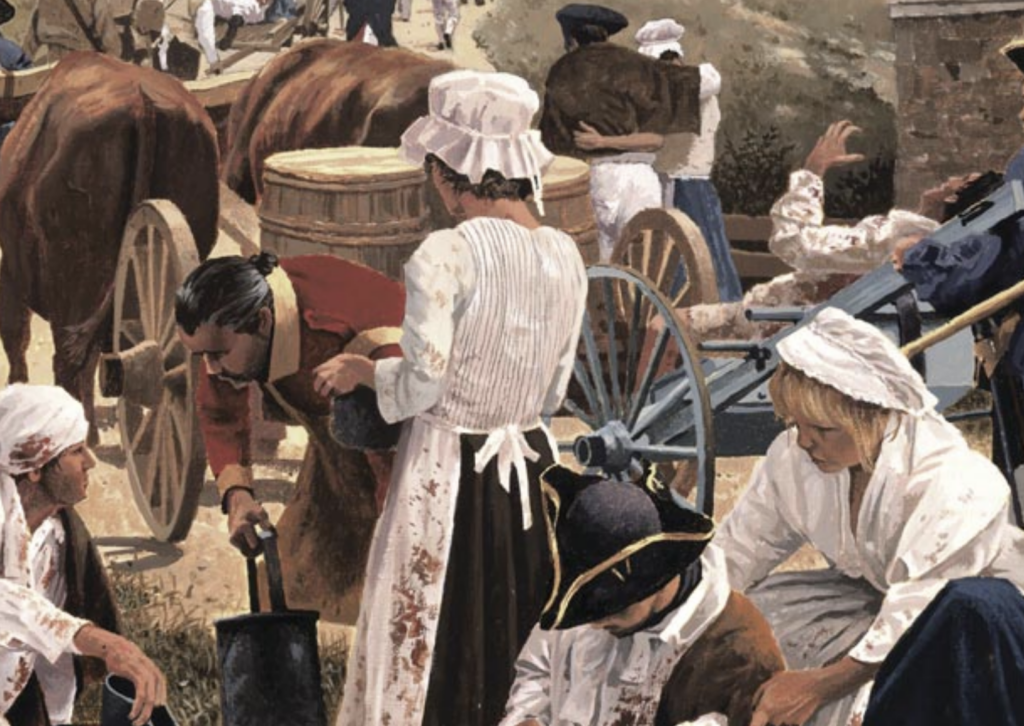
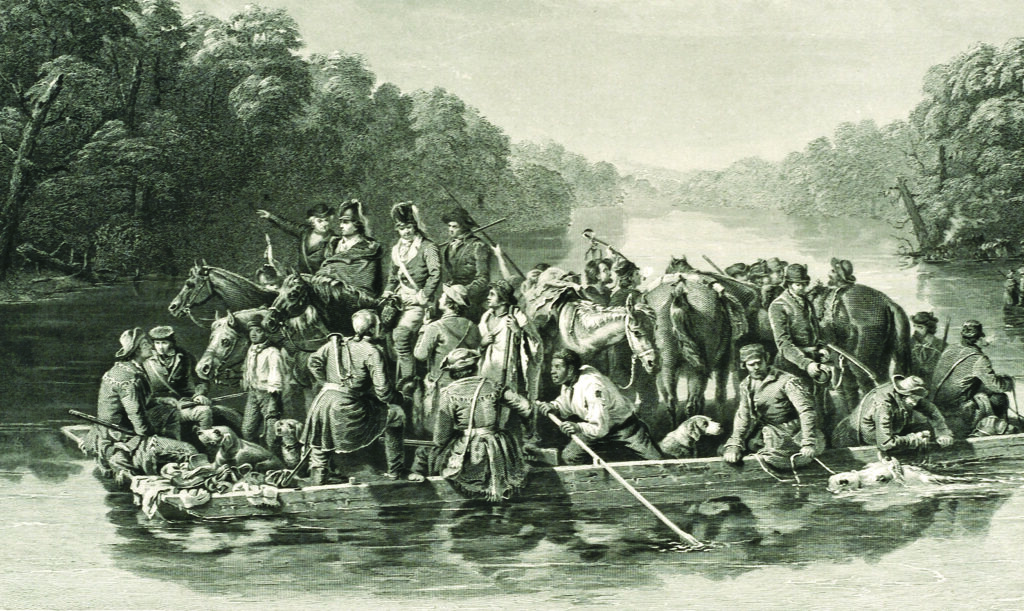
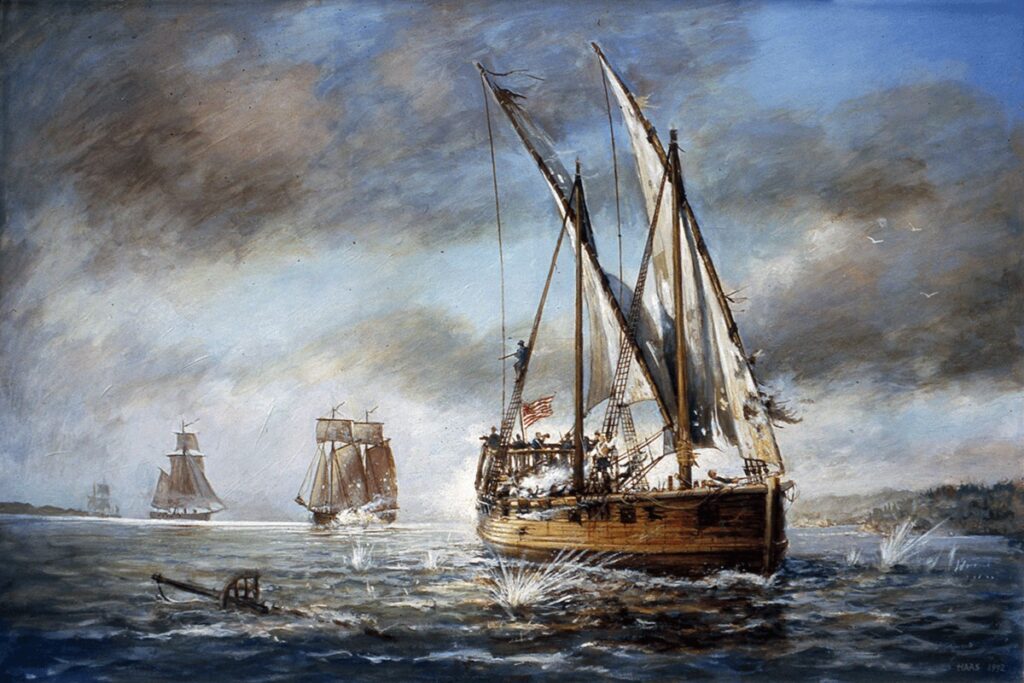

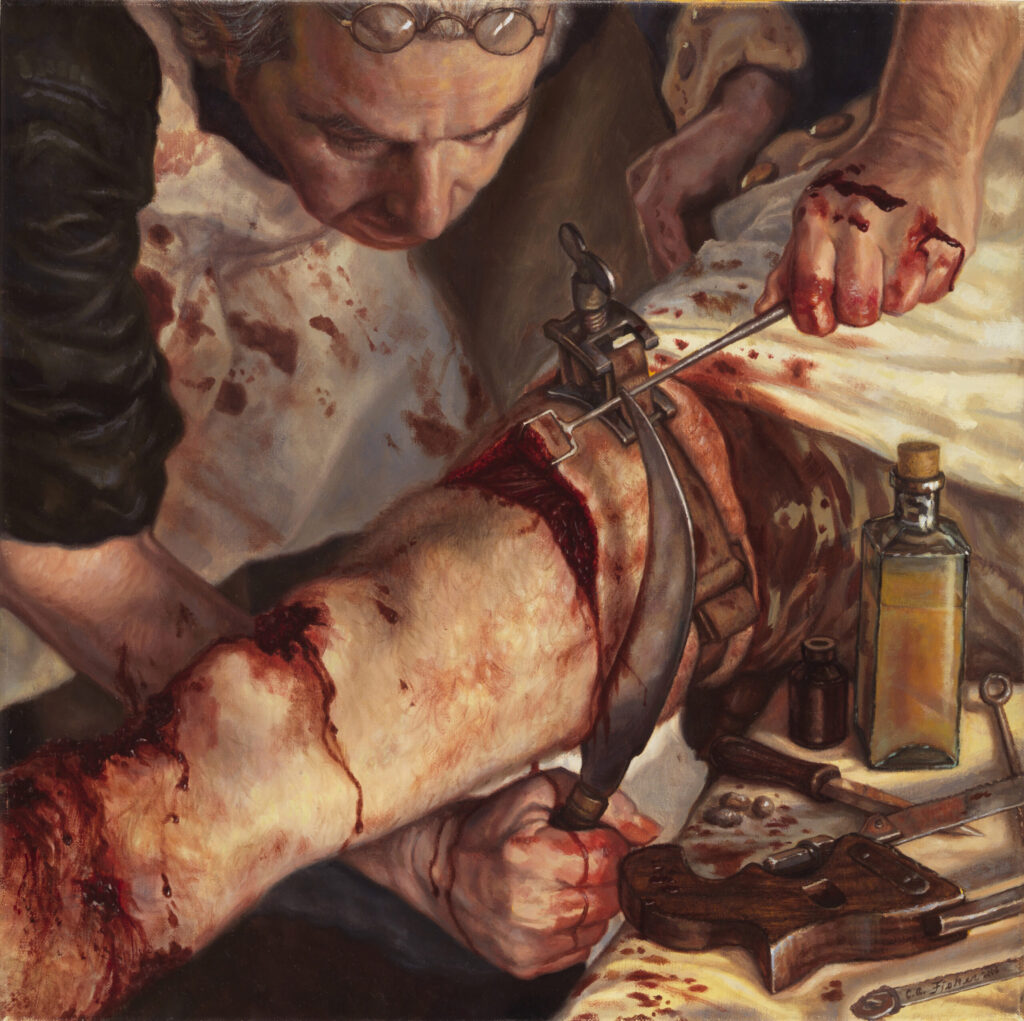
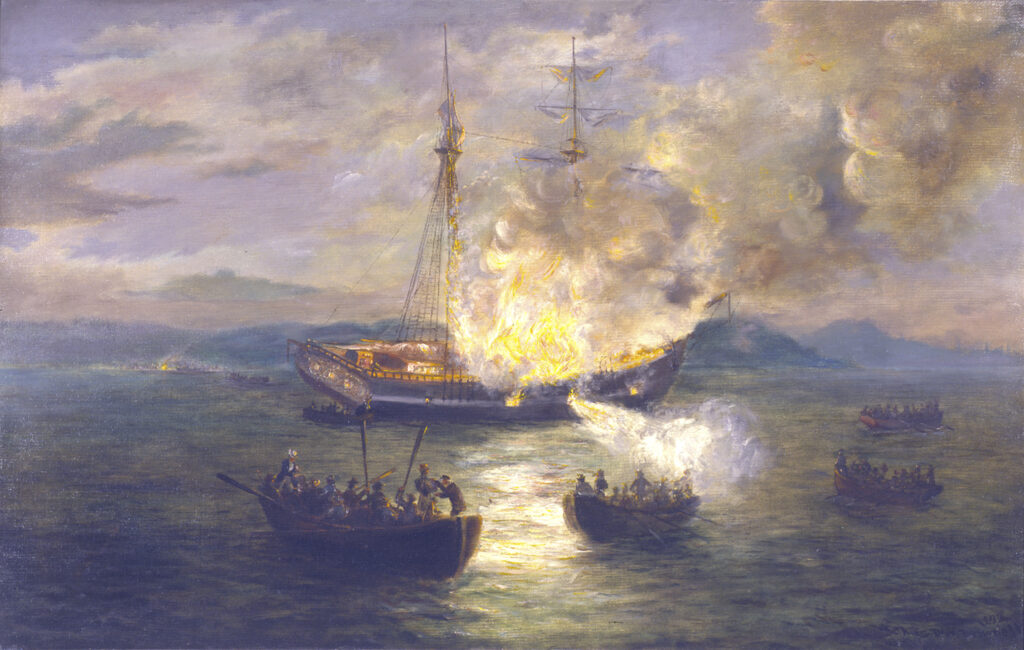
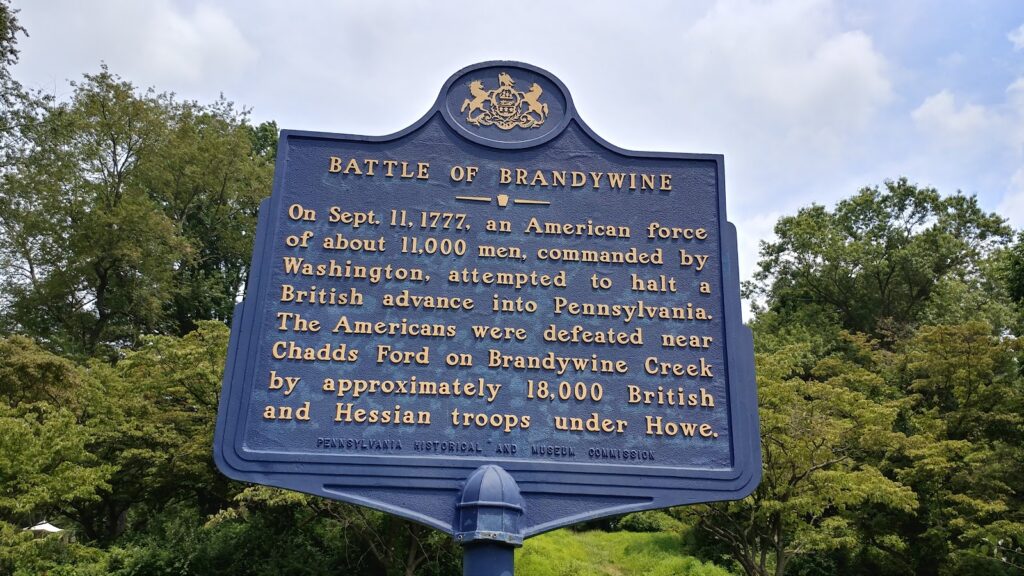

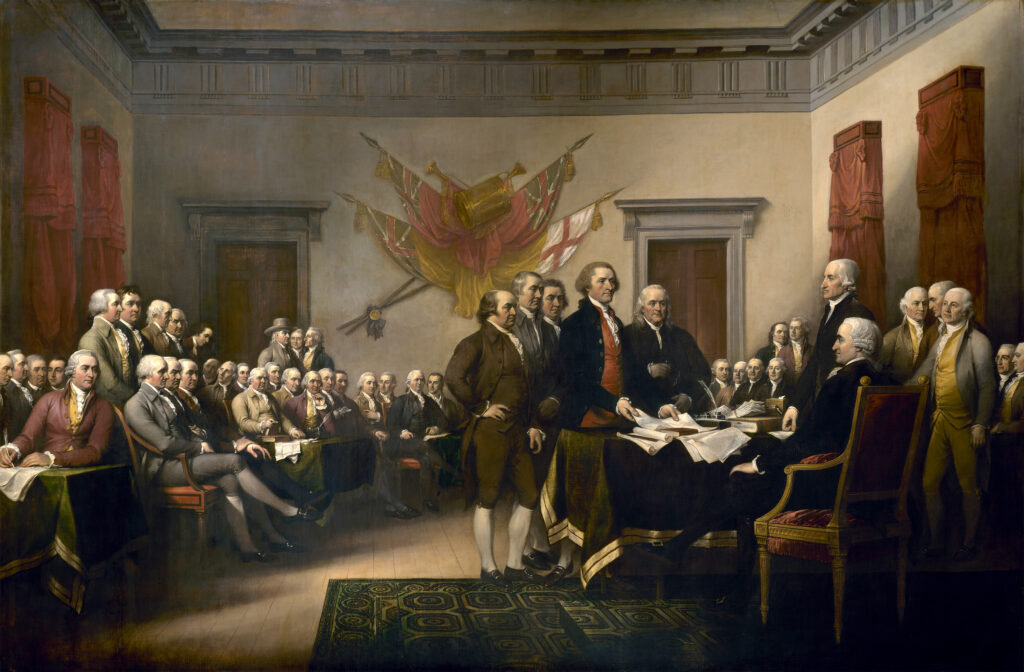
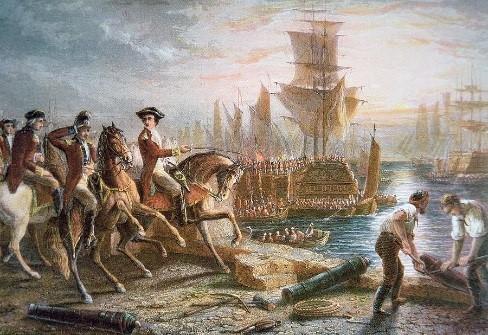
Recent Comments